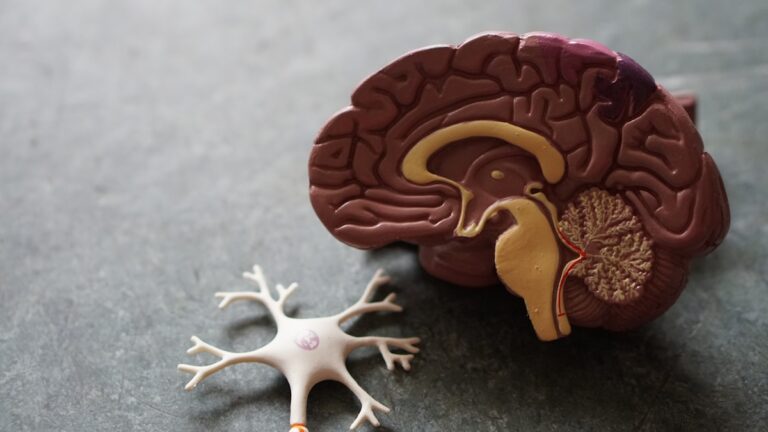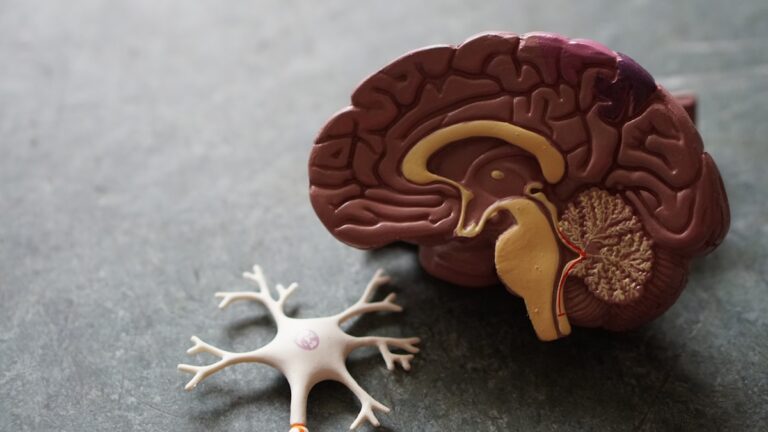Disease
Hearing loss is a common occurrence that affects millions of people around the world. As we age, it is natural for our hearing to decline, but did you know that it could also be a warning sign of a more serious health condition? Recent research has shown that hearing loss could potentially be linked to Alzheimer’s disease. In this article, we will explore the connection between hearing loss and Alzheimer’s disease and what it means for our overall health.
What is Alzheimer’s Disease?
Before we dive into the potential link between hearing loss and Alzheimer’s disease, let’s first understand what Alzheimer’s disease is. It is a neurodegenerative disorder that primarily affects the brain, causing a gradual decline in memory, thinking, and behavior. It is the most common cause of dementia, accounting for 60-80% of all cases. Dementia is a broad term used to describe a group of symptoms related to a decline in cognitive function, including memory loss, impaired communication, and difficulty with daily tasks. While Alzheimer’s disease is most commonly associated with older adults, it can also affect people in their 40s and 50s.
The Connection Between Hearing Loss and Alzheimer’s Disease
Recent studies have shown a strong connection between hearing loss and Alzheimer’s disease. One study conducted by Johns Hopkins Medicine found that individuals with mild hearing loss were twice as likely to develop dementia compared to those with normal hearing. As the severity of hearing loss increased, the risk of developing dementia also increased. Another study published in the Journal of the American Medical Association found that individuals with severe hearing loss were five times more likely to develop dementia.
But why is there a link between hearing loss and Alzheimer’s disease? Researchers believe that the two conditions may be linked due to common underlying factors such as damage to the blood vessels and inflammation in the brain. Both hearing loss and Alzheimer’s disease have been associated with these factors, indicating a potential shared mechanism.
Early Warning Signs
One of the most significant challenges in treating Alzheimer’s disease is the difficulty in identifying it in its early stages. Symptoms often go unnoticed until the disease has progressed significantly. However, recent studies have suggested that hearing loss could serve as an early warning sign of Alzheimer’s disease. In a study conducted by the National Institute on Aging, researchers found that individuals with mild cognitive impairment (a precursor to Alzheimer’s disease) had a higher prevalence of hearing loss compared to those with normal cognitive function.
Additionally, the link between hearing loss and Alzheimer’s disease may also be due to the effect of hearing loss on the brain. When we have difficulty hearing, our brains have to work harder to process sounds and understand speech. This extra cognitive load could potentially contribute to cognitive decline and increase the risk of developing Alzheimer’s disease.
What Can We Do?
While the link between hearing loss and Alzheimer’s disease is still being studied, it is essential to recognize the potential warning signs and take steps to protect our overall health. If you or a loved one is experiencing hearing loss, it is crucial to seek treatment from a qualified audiologist who can help diagnose and manage the condition. Early intervention with hearing aids or other assistive devices can not only improve communication but also potentially slow down cognitive decline.
Regular check-ups with a healthcare provider are also essential for maintaining overall health and detecting potential warning signs of Alzheimer’s disease. It is essential to note that not all individuals with hearing loss will develop Alzheimer’s disease, and not all individuals with Alzheimer’s disease will experience hearing loss. However, understanding and monitoring potential risk factors can help us take proactive steps towards maintaining our cognitive health.
In conclusion, while more research is needed, the connection between hearing loss and Alzheimer’s disease cannot be ignored. As we age, it is vital to prioritize our overall health and seek treatment for any changes or symptoms we may experience. By addressing hearing loss and other potential risk factors, we can potentially reduce our risk of developing Alzheimer’s disease and improve our overall quality of life.





